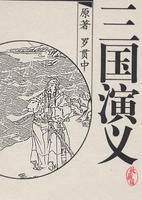how the actions of the senses, the conceptions of our minds, and the habit of our reason are formed.
the stoics affirm that every man, as soon as he is born, has a principal and commanding part of his soul, which is in him like a sheet of writing-paper, to which he commits all his notions. the first manner of his inscribing is by denoting those notions which flow from the senses. suppose it be of a thing that is white; when the present sense of it is vanished, there is yet retained the remembrance; when many memorative notions of the same similitude do concur, then he is said to have an experience; for experience is nothing more than the abundance of notions that are of the same form met together. some of these notions are naturally begotten according to the aforesaid manner, without the assistance of art; the others are produced by discipline, learning, and industry; these only are justly called notions, the others are prenotions. but reason, which gives us the denomination of rational, is completed by prenotions in the first seven years. the conception of the mind is the vision that the intelligence of a rational animal hath received; when that vision falls upon the rational soul, then it is called the conception of the mind, for it hath derived its name from the mind [greek omitted] from [greek omitted]. therefore these visions are not to be found in any other animals; they only are appropriated to gods and to us men. if these we consider generally, they are phantasms; if specifically, they are notions. as pence or staters, if you consider them according to their own value, are simply pence and staters; but if you give them as a price for a naval voyage, they are called not merely pence, etc., but your freight.
